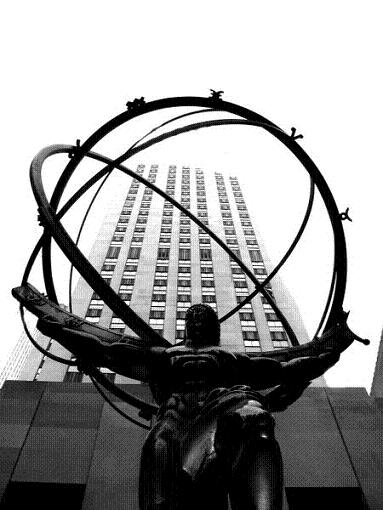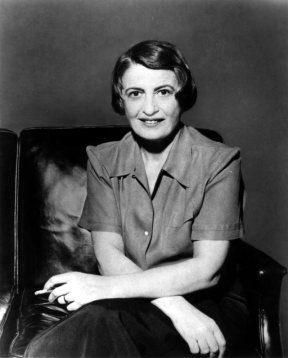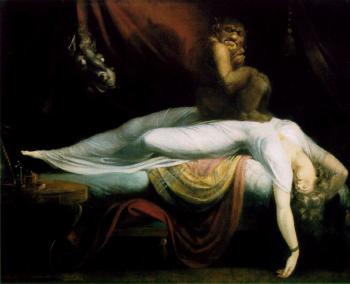What is the nature of the guilt that your teachers call his Original Sin? What are the evils man acquired when he fell from a state they consider perfection? Their myth declares that he ate the fruit of the tree of knowledge – he acquired a mind and became a rational being. It was the knowledge of good and evil – he became a moral being. He was sentenced to earn his bread by his labor – he became a productive being. He was sentenced to experience desire – he acquired the capacity of sexual enjoyment. The evils for which they damn him are reason, morality, creativeness, joy – all the cardinal values of his existence. It is not his vices that their myth of man’s fall is designed to explain and condemn, it is not his errors that they hold as his guilt, but the essence of his nature as man. Whatever he was – that robot in the Garden of Eden, who existed without mind, without values, without labor, without love – he was not man.
– Ayn Rand in Atlas Shrugged

[This is Part 2 of a planned 3 part series on Ayn Rand and her philosophy and its influence on my life. You can read Part 1 here. This part covers some of Ayn Rand’s early life and details more of her philosophy and how it directly influenced my personal development.]
In many ways, Ayn Rand’s life showed a determination and even an obsession as strong as any of her fictional characters. Born in 1905 to a middle-class family in St. Petersburg, Russia, she witnessed firsthand the horrors of communism when her family’s pharmacy was seized by the Soviets in the revolution of 1917. At the University of Petrograd (the city’s new name given by the Soviets in place of St. Petersburg), she studied history, including American history, and became an admirer of American ideals. In 1925, she finally received permission to travel to America, on the pretext of visiting relatives, but by then she had already decided never to return to Russia.

